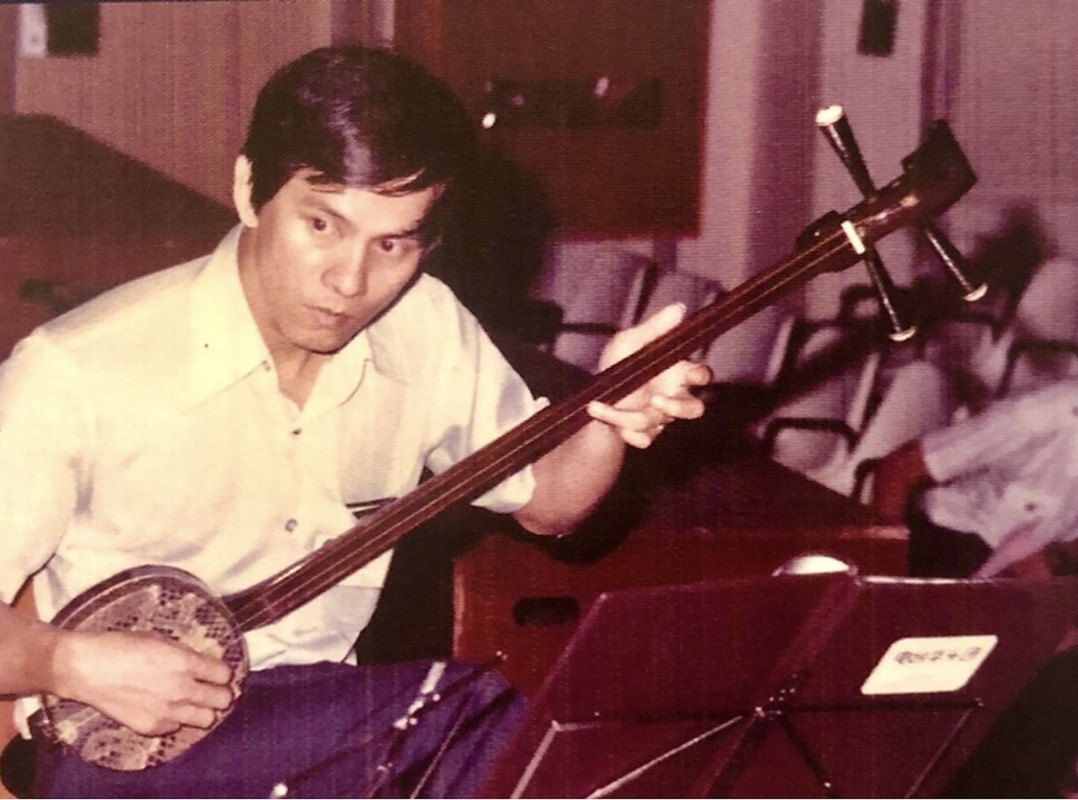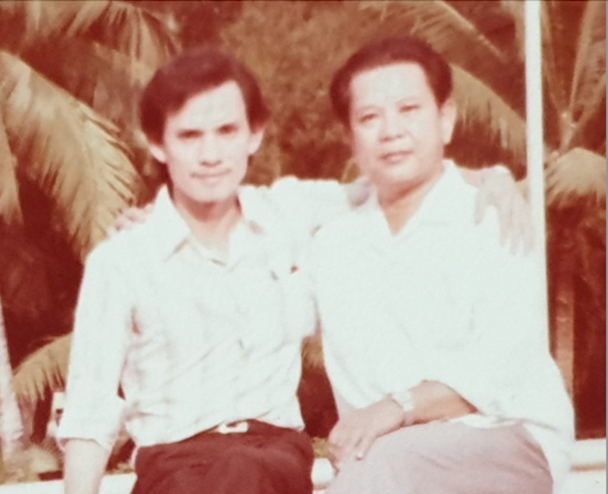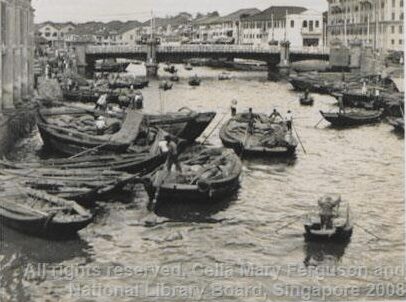Pioneer musician: Wong Maan Shing (Mrs Lucien Wang)
Wong Maan Shing (Mrs Lucien Wang, 1909–2007) was born in Guangzhou, China. She completed her primary and secondary education at True Light Seminary,1 a boarding school run by an American missionary. She studied piano under the school’s founders, Harriet Newell Noyes (1844–1924) and Margaret Marr (birth and death years unknown), who were also missionaries of the American Presbyterian Church. In 1923, Wong was admitted to the department of education in Canton Christian College (now Lingnan University) and subsequently entered the Beijing Conservatory.
In 1930, Wong enrolled in the leading French conservatory École Normale de Musique de Paris, under the instruction of the great Romantic maestro and pianist Alfred Denis Cortot (1877–1962) who was known for his interpretations of Chopin. Wong then attended Trinity College of Music in London,2 before returning to China to teach music at the Guangdong Provincial Girls’ Normal School and Canton Music Conservatory.
Huairen (Yearning Person) and Hu bugui (Why Not Return)
In 1939, following the outbreak of the Second Sino-Japanese War, Wong fled to Singapore with her husband Lucien Wang Zuhui (unknown–1942), a French-trained electrical engineer. She continued to teach music at Lingnan University’s Singapore campus and Nanyang Girls’ High School, before giving private piano lessons during the Japanese Occupation (1942–1945). Unfortunately, her husband was killed during Operation Sook Ching in 1942. To honour his memory, Wong wrote the songs Huairen (Yearning Person) and Hu bugui (Why Not Return). Thus go the lyrics of Huairen: “Heart in pain, eyes with tears / Tears flowing from my heart, yet they can only be contained in the heart / The sorrow of separation and the sadness of departure, which are more severe?”
In 1947, Wong’s mother Lee Wai Tek (birth and death years unknown) joined her in Singapore from Guangzhou. The two women would live together from then on.
Besides music, Wong had a keen interest in art. In 1950, she was admitted to the Nanyang Academy of Fine Arts (NAFA), where she studied Western art and became part of its sixth graduating class.


In 1953, Wong returned to France to attend a short course on advanced piano performance techniques under Cortot, her previous mentor. She became a Singapore citizen in 1957, making her one of the first people to receive citizenship under the newly introduced Singapore Citizenship Ordinance.
In 1979, she became the first local musician to receive the prestigious Public Service Star – Silver.
A rich legacy
As a distinguished teacher, Wong trained a number of outstanding pianists, including Cheung Mun Chit, Ong Lip Tat, Toh Chee Hung, Cai Jiabin, Zhang Meili, and Lim Jing Jing.
She was also known as a prolific composer and lyricist. Besides Huairen (Remembrance) and Hu bugui (Why Not Return) (1945), she wrote the songs Gei yiwei shizong de ren (To A Missing One), Zhizu changle (Contentment) (1982), Wode xiaoge (My Little Song), Nanyang meizhuan yuange (NAFA Anthem, lyrics by Lim Hak Tai), Xiangsi ku (Pain of Thoughts, lyrics by Tan Tze Chor) (1982), Women laidang xianfeng (We Are the Vanguard, lyrics by Zi Sheng), Dayong ge (Great Courage Song, lyrics by Gao Guantian), and more.
In her later years, Wong donated her personal letters, photographs, manuscripts, books and other memorabilia to NAFA, who maintains the publicly-accessible Lucien Wang Archive.
Wong died in June 2007 at the age of 98, leaving a rich legacy of contributions to Singapore’s music scene.
This is an edited and translated version of 先驱音乐家:黄晚成. Click here to read original piece.
| 1 | True Light Seminary was the first school for girls in Southern China. In 1949, it moved to Hong Kong during the civil war between the Chinese Communist Party and the Kuomintang. It is now known as Kowloon True Light School. |
| 2 | It later merged with Laban Dance Centre in 2005 to become the Trinity Laban Conservatoire of Music and Dance. |
Goh, Keng Leng. Yinyuejia zhuanji [Biography of Musicians]. Singapore: Seng Yew Book Store, 1987. | |
Institute of Southeast Asian Art / Art Galleries, Nanyang Academy of Fine Arts, University of the Arts Singapore. “Lucien Wang Archive”. | |
Nanyang Academy of Fine Arts. Lucien Wang: Archive, Memory, Biography. Singapore: Nanyang Academy of Fine Arts, 2013. | |
Tanoto Foundation Centre for Southeast Asian Arts, Nanyang Academy of Fine Arts. “Performing Artiste – Wang, Lucien”. |










